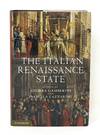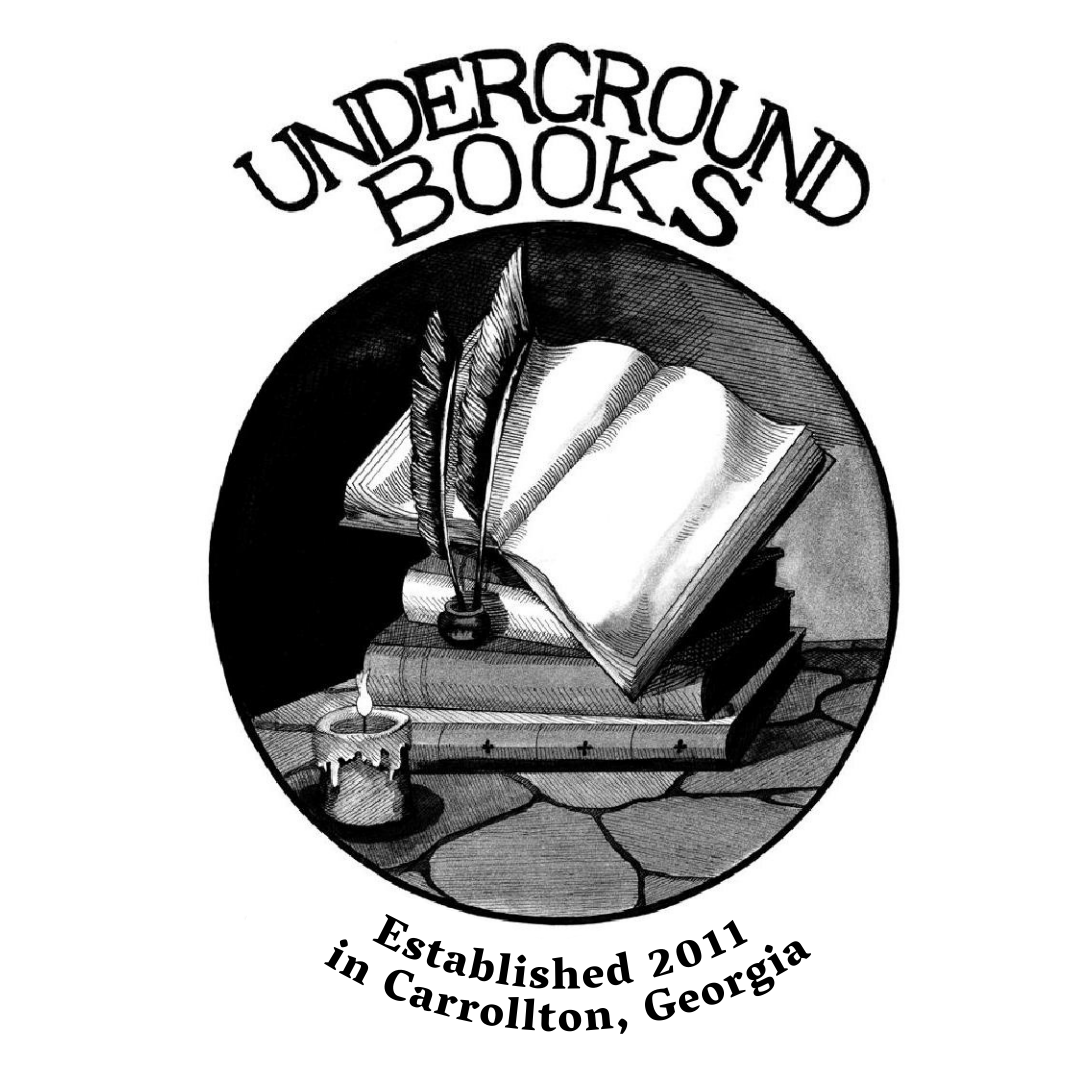Hardcover
2012 · New York
by Gamberini, Andrea (Ed.); Lazzarini, Isabella (Ed.)
New York: Cambridge University Press, 2012. Hardcover. Good +/Good +. Hardcover. 9 1/4" X 6 1/4". xiii, 624pp. Creasing and shelf wear to covers, corners, and edges of unclipped dust jacket. Heavy creasing to corners and edges of entire jacket. Very small tear to head of spine. Creasing and small tear to inside flaps. Toning to top edge of inside of jacket. Bound in black cloth over boards with spine lettered in gilt. Large bumps to upper corners of front and rear boards. Smaller bumps to bottom corners of boards. Gentle bump to head of spine. Slight warping to boards. Pages are clean and unmarked. Binding is sound.
ABOUT THIS BOOK:
This magisterial study proposes a revised and innovative view of the political history of Renaissance Italy. Drawing on comparative examples from across the peninsula and the kingdoms of Sicily, Sardinia and Corsica, an international team of leading scholars highlights the complexity and variety of the Italian world from the fourteenth to early sixteenth centuries, surveying the mosaic of kingdoms, principalities, signorie and republics against a backdrop of wider political themes common to all types of state in the period. The authors address the contentious problem of the apparent weakness of the Italian Renaissance political system. By repositioning the Renaissance as a political, rather than simply an artistic and cultural phenomenon, they identify the period as a pivotal moment in the history of the state, in which political languages, practices and tools, together with political and governmental institutions, became vital to the evolution of a modern European political identity.(Publisher). (Inventory #: 16491)
ABOUT THIS BOOK:
This magisterial study proposes a revised and innovative view of the political history of Renaissance Italy. Drawing on comparative examples from across the peninsula and the kingdoms of Sicily, Sardinia and Corsica, an international team of leading scholars highlights the complexity and variety of the Italian world from the fourteenth to early sixteenth centuries, surveying the mosaic of kingdoms, principalities, signorie and republics against a backdrop of wider political themes common to all types of state in the period. The authors address the contentious problem of the apparent weakness of the Italian Renaissance political system. By repositioning the Renaissance as a political, rather than simply an artistic and cultural phenomenon, they identify the period as a pivotal moment in the history of the state, in which political languages, practices and tools, together with political and governmental institutions, became vital to the evolution of a modern European political identity.(Publisher). (Inventory #: 16491)







